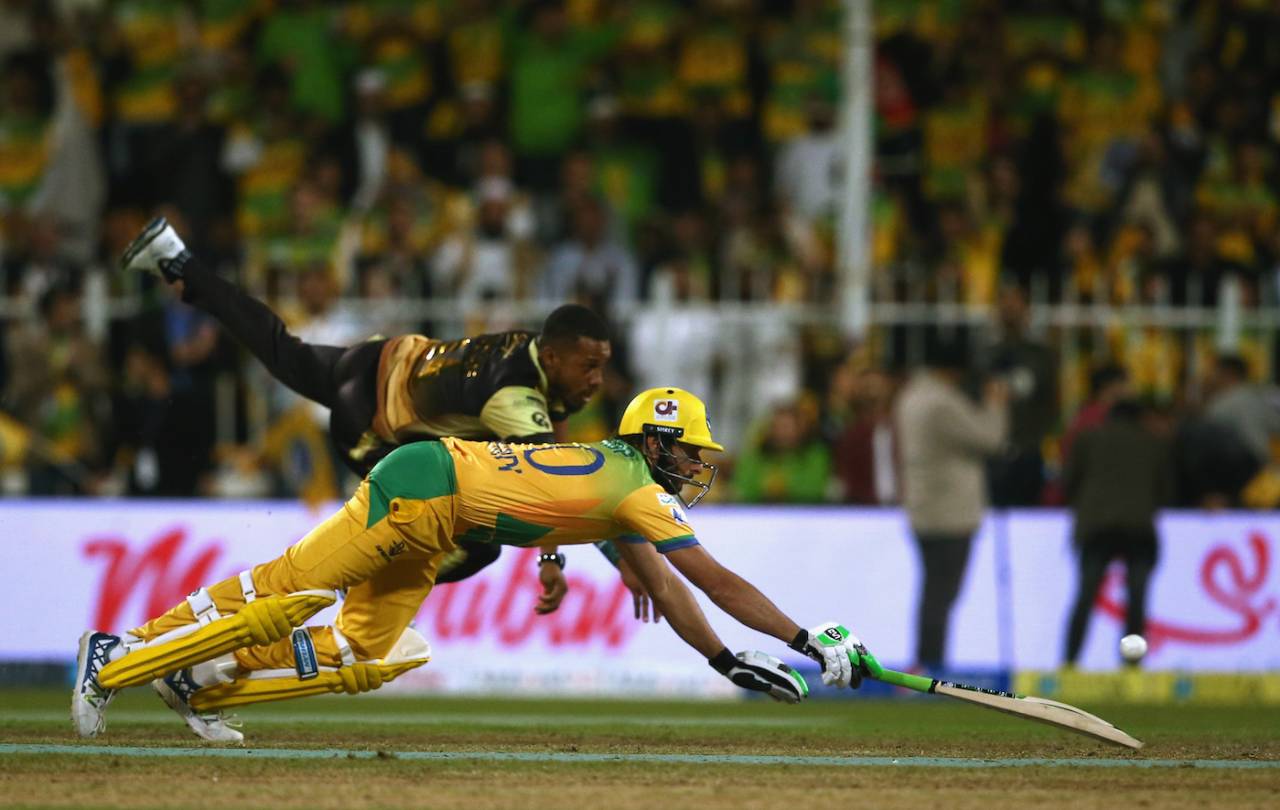I'm reading a fascinating book, Extraterrestrial, which poses a substantial question that should also be applied to cricket. Author Avi Loeb is a decorated Harvard science professor who poses a tantalising notion: "Imagine life on our planet the day after there is irrefutable confirmation of life elsewhere in the universe."
In that vein: what is the future of cricket?
Debate on this subject should have been held long ago. It's not too late now but the list of attendees has grown, given the relative strength of the women's game, and the substantial
influence of climate change.
Playing styles have changed drastically in a few decades and still there is no blueprint for cricket's future. Much as it did during the World Series Cricket (WSC) insurrection of the 1970s, the administration lurches ahead, driven mainly by knee-jerk reaction.
The WSC insurrection was over pay and conditions but it was the 50-over game that eventually prospered. Now T20 is the headline format, with Test cricket receiving occasional favourable mentions from players.
The England captain, Ben Stokes, recently
announced his retirement from the 50-over game. A reluctant Stokes said it was not possible for him to compete in all three formats, and while his retirement was not unexpected, it is nevertheless a concern.
Played well, the 50-over game makes for a good cricket match that is rewarding in its entertainment value. Those are generally the sentiments of older players, who knew only two formats. Current players often place the IPL, in particular, and T20 in general, at the top of the list when it comes to satisfaction.
This is why the future of the game needs thoughtful consideration. A firm decision is needed on how many playing formats are best for cricket. Once that is decided, it then needs to be confirmed how the formats should move ahead to ensure the game evolves.
Any positive promotion of the game should be done hand in hand with the players, and this includes women cricketers. An international players' association, with Indian representation, should be a mandatory part of cricket's future.
The limited-overs game evolved because of a perceived boredom with Test cricket. T20 grew on the back of supposed stagnation in 50-overs cricket. What happens if fans become bored with the 20-over game?
In nearly 50 years the game has developed from being semi-amateur to a fully fledged professional endeavour. The administrators can't have imagined the enormous power they were conceding to the players when they unleashed what has become an incredibly lucrative T20 circuit.
Cricket's history needs to be carefully considered before a firm decision is made on the future pathway. The limited-overs game evolved because of a perceived boredom with Test cricket. Then T20 grew rapidly on the back of supposed stagnation in 50-overs cricket. This raises the question of what happens if fans become bored with the 20-over game.
Cricket is already dabbling with T10 leagues and it's not hard to imagine the game embracing more of that format. T10 should be regarded as overdoing the entertainment quotient and not a format the professional players should embrace.
Even T20, with its tendency towards a power game, and lasting only 40 overs at best, can often be unfulfilling for a player. Fielding is an enjoyable part of cricket but it's not the same for batters if they are facing very few deliveries.
However, it is understandable that a current player, needing to provide for his family, is comfortable earning a good living from the shorter game. T20 suits many young cricketers as the skills needed for it can be developed more quickly than those required for the lengthy formats. The future of the game is in the hands of younger players, but they need to balance future decisions with an eye on the past.
The balance is a delicate one but the game needs to hear informed opinions before making a decision on where cricket is heading. That is why the administrators should have organised an all-encompassing debate long ago. As the intriguing Loeb indicates in his book, it's crucial that those involved are prepared for what lies ahead.
Former Australia captain Ian Chappell is a columnist

